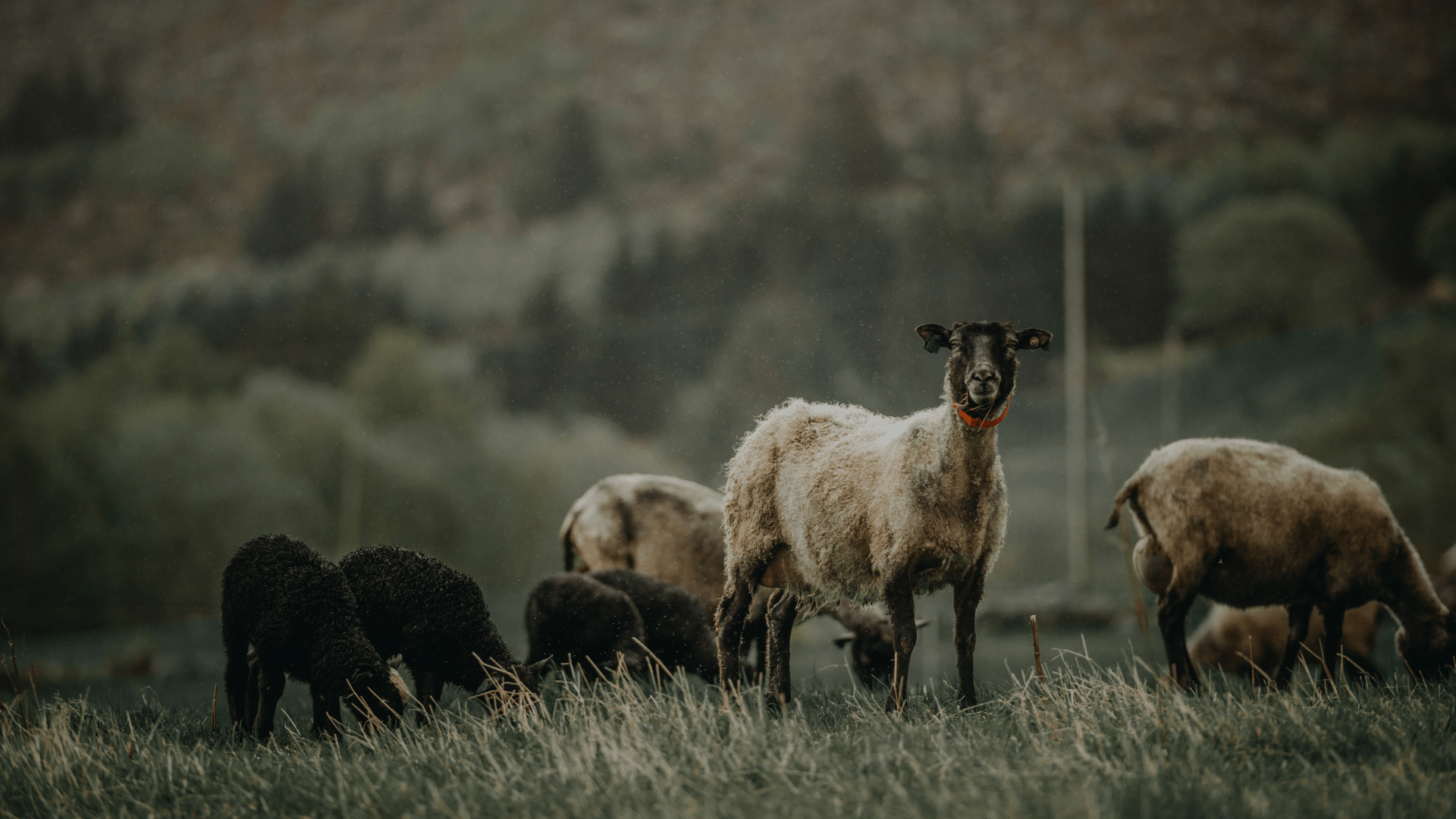In response to French people’s demand for greater consideration of animals’ comfort and well-being, both the government and the livestock sector have been taking concrete steps to improve the situation.
French people are attuned to the issue of animal welfare. According to an IFOP poll for the Bardot Foundation that was published last August,
“82% of the population says they are in favor of banning battery cages in the next five years, and an overwhelming majority (91%) supports mandatory outdoor access for all farm animals within the next 10 years.”
Aware of these concerns, successive governments have been tightening the rules to ensure better living conditions for animals, both livestock and pets. In 2017, when Emmanuel Macron was running for president, had even promised to “ban the sale of eggs laid by battery hens by 2022.” A promise that is well on its way to being kept: since 2018, over half of the eggs sold in supermarkets are from cage-free or free-range hens.
Legislation is also changing. Since the 2018 EGalim Law, sentences have doubled, going from 6 months to a year in jail, along with a fine of €15,000.
Moreover, a bill that would increase the penalties for animal abuse is currently being debated.
In addition, from January 1, 2022, a new rule will require an animal-welfare contact person on all livestock farms.
Ethical and economic issues
The problem for consumers is that currently, there are no specific animal-welfare labels, although certain labels do include helpful information. To remedy this situation, the National Food Council (CNA) has been tasked with designing an experiment for animal-treatment- labeling. An experiment that should get started this year with labeling similar to what already exists for eggs.
More progress: a temporary, four-year authorization to experiment with mobile slaughtering units on farms has been granted. Being slaughtered where they live, without the stress of transportation, should improve livestock’s well-being.
Mentalities are starting to evolve, and the industry is becoming aware of the ethical and economic issues related to animal welfare. A year ago, both the Carrefour supermarket chain and the Loué poultry-farmers’ cooperative have promised to start using spectrophotometry, a technique that makes it possible to distinguish chicks’ sex before birth in order to avoid having to resort to culling male chicks.
Technologies involving image analysis and artificial intelligence are precious tools for livestock farmers, and many French start-ups are offering innovative solutions. The medium-sized company from Nantes AI Herd, for instance, has developed a system making it possible to automate the observation of cattle. Thanks to a network of cameras and software based on AI algorithms, farmers can keep track of their herds on their computers, and detect anomalous behavior and pathologies.
More information about agri-food industry in our news!
